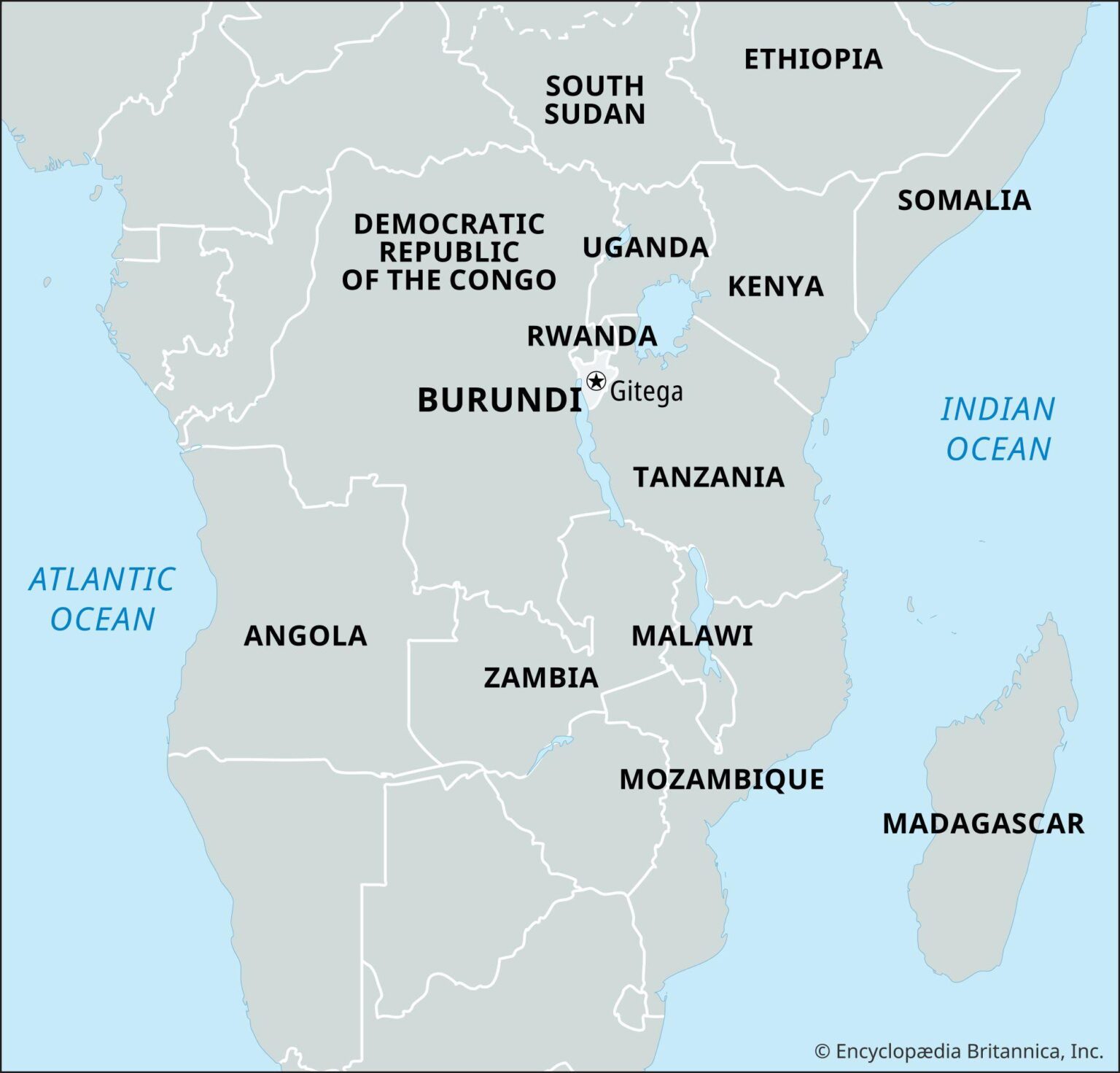In a meaningful escalation of regional tensions, Burundi’s President Evariste Ndayishimiye has issued a stern warning to Rwanda regarding its involvement in the ongoing conflict in the Democratic Republic of the Congo (DRC). This admonition comes amid escalating violence and humanitarian crises in the eastern DRC, where armed groups have gained strength. President Ndayishimiye’s remarks underscore growing concerns over Rwanda’s military presence in the region and its implications for stability in the Great Lakes area. As diplomatic relations between the two nations face unprecedented strain, the international community watches closely, fearing that this rhetoric could further ignite an already volatile situation.
Burundi’s Diplomatic Standoff: President Calls for Caution in Regional Tensions
The escalating tensions between neighboring countries Burundi and Rwanda have prompted President Evariste Ndayishimiye to issue a strong call for restraint amid the ongoing conflict in the Democratic republic of the Congo (DRC). In recent statements, the president underscored the importance of diplomatic dialogue over military confrontations, emphasizing the need for regional unity to avert a potential crisis. He urged all involved parties to consider the broader implications of their actions, highlighting that conflict could destabilize not only the eastern DRC but also the Great Lakes region as a whole.
In a bid to promote peace,the Burundian leader outlined several key points that he believes are essential to navigate the current diplomatic standoff:
- Prioritize Diplomacy: Encourage ongoing negotiations to address underlying issues.
- Avoid Provocations: Maintain a stance of non-aggression and respect territorial integrity.
- Engage Stakeholders: Involve regional organizations like the East African Community (EAC) for conflict resolution.
- Monitor situations: Set up mechanisms for real-time observation of border activities.
The DRC conflict’s Ripple Effect: Implications for Burundi-Rwanda Relations
The ongoing conflict in the Democratic Republic of the Congo (DRC) has begun to exert considerable pressure on the already tenuous relationship between Burundi and Rwanda. Increasing military tensions and the influx of refugees resulting from the violence have raised alarms in Bujumbura. In a statement made recently, President Evariste Ndayishimiye of Burundi expressed concerns that Rwanda’s involvement in the DRC could destabilize the entire Great Lakes region. The Burundian leadership fears that further escalation could lead to renewed hostilities, as both countries have a complicated history marked by ethnic tensions and past conflicts.
The ripple effect of the DRC conflict is multifaceted, impacting not just security dynamics but also economic relations between the two nations. Key implications include:
- Increased military buildup: Both nations may ramp up their military presence along borders to deter potential incursions.
- Refugee crises: A surge in refugees fleeing the DRC conflict could strain Burundi’s resources and exacerbate inter-ethnic tensions.
- Trade disruptions: Cross-border trade agreements may be jeopardized, leading to economic instability.
These factors contribute to a climate of suspicion and hostility that could challenge diplomatic efforts. As regional actors, both countries must navigate a complex interplay of ancient grievances and current realities, demanding careful considerations in their foreign policy strategies to avoid further escalations.
Strategies for Stability: Recommendations for Promoting Peace in the Great Lakes Region
Efforts to achieve lasting peace and stability in the Great Lakes Region require a multifaceted approach that addresses underlying issues while fostering dialogue among nations. First and foremost, diplomatic engagement is essential, with leaders actively participating in talks that prioritize mutual understanding and conflict resolution. Fostering regional collaboration can help diminish tensions, especially among countries affected by the ongoing conflict in the Democratic Republic of the Congo (DRC). Additionally, building strong relationships between local communities across borders can enhance trust and encourage cooperation in addressing shared challenges such as resource management and security.
Moreover, it is indeed crucial to empower local entities and civil society organizations, enabling them to play a significant role in peace-building initiatives. Implementing educational programs that promote tolerance and non-violent conflict resolution can change the narrative in areas plagued by historical grievances. The international community should work to support these local efforts through targeted funding and capacity-building programs. By establishing platforms for dialogue that include diverse voices, especially from marginalized groups, peace initiatives can gain broader legitimacy and impact, paving the way for lasting stability in the region.
In conclusion
Burundi’s president Évariste Ndayishimiye has issued a stark warning to Rwanda regarding its involvement in the ongoing conflict in the Democratic Republic of the Congo.This statement underscores the fragility of regional stability in Central Africa and highlights the complex interplay of political dynamics that continue to shape relations among neighboring countries. As tensions escalate,the broader implications for peace and security in the region remain to be seen. Observers will be closely monitoring developments as both nations navigate this volatile situation, with the hope that diplomatic channels will prevail over confrontation. For now, the eyes of the international community are squarely focused on East Africa, as the potential for conflict looms large on the horizon.

